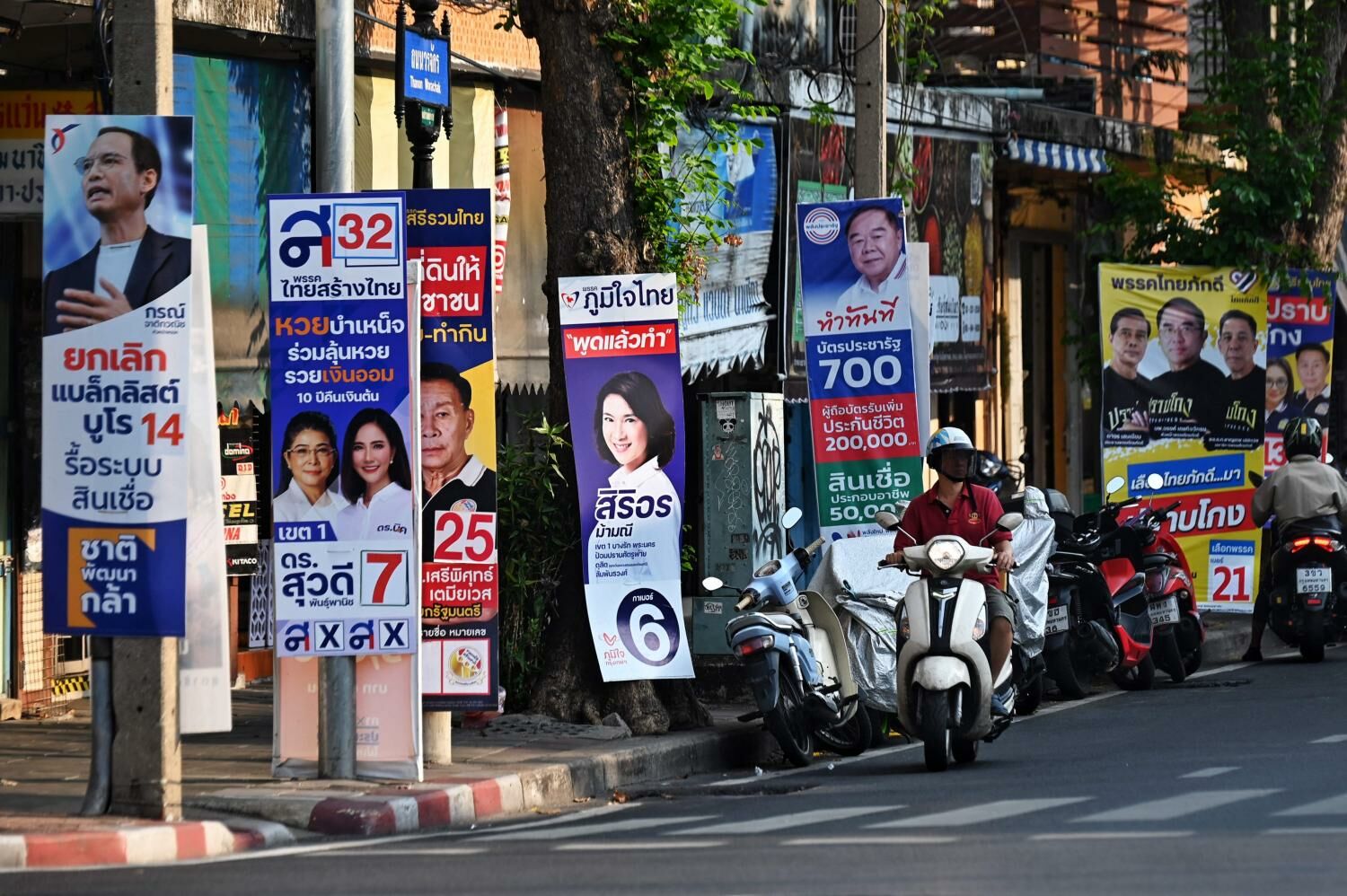New government has room to spend 2 trillion baht on populist pledges

The upcoming government is expected to have around two trillion baht at its disposal for implementing its populist policies, according to an anonymous source from the Finance Ministry. The figure takes into account the 500 billion baht needed for the Pheu Thai Party’s pledge to provide digital wallet handouts of 10,000 baht to those aged 16 and over.
Should the government need to borrow money to fund the proposed policies, it can do so through an emergency decree. However, such decrees are bound by strict terms and conditions, such as a lack of alternative funding sources. Thailand has previously issued two emergency loan decrees to manage the impact of the pandemic on the nation.
All government loans, however, must adhere to the state debt ceiling determined by the Financial and Fiscal Policy Committee, which is currently set at 70% of GDP. As of March, Thailand’s public debt amounted to 10.8 trillion baht, equalling 61.2% of GDP.
Fiscal 2023 is expected to see government debt reach 61.7% of GDP, but offers room to borrow around 1.5 trillion baht or 8-9% of GDP. The new government also has the option to use revenue collection to fund campaign promises, as a collection for the first half of fiscal 2023 surpassed the target by almost 100 billion baht. If this trend continues, the government could generate a further 200 billion baht above the fiscal target.
Furthermore, an extra 160 billion baht has been designated for new projects in the fiscal 2024 budget. The government is also able to utilise state-owned financial institutions like the Government Savings Bank or the Bank for Agriculture and Agricultural Cooperatives, advancing funding according to Section 28 of the State Financial and Fiscal Discipline Act of 2018.
However, financial stability should be a key factor when deciding the approach to funding. Fiscal 2022 saw the government’s outstanding debt under Section 28 reach 1.04 trillion baht or 33.6% of the fiscal budget.
With government expenditure, particularly within welfare provisions, continuously growing, debt remains a significant burden. The medium-term fiscal plan shows debt repayment budgets increasing consistently, with expenditure budgets for fiscal 2023 and 2024 accounting for 9.63% and 11.5% respectively, and a predicted 16.2% in fiscal 2028.
Besides, principal and interest payment budgets are also set to increase in correlation with government debt. The principal payment budget will make up 3.14% of the annual expenditure in fiscal 2023 and maintain 4% through fiscal 2028. Interest payments must be made in full each year, with the interest payment budget representing 6.49% of the expenditure budget for fiscal 2023, increasing to 7.99% by fiscal 2024, and reaching 12.2% by fiscal 2028.
The anonymous source importantly noted that higher public debts may not negatively impact government credit provided that budget spending contributes to economic growth in the long run, reports Bangkok Post.
Latest Thailand News
Follow The Thaiger on Google News:


























